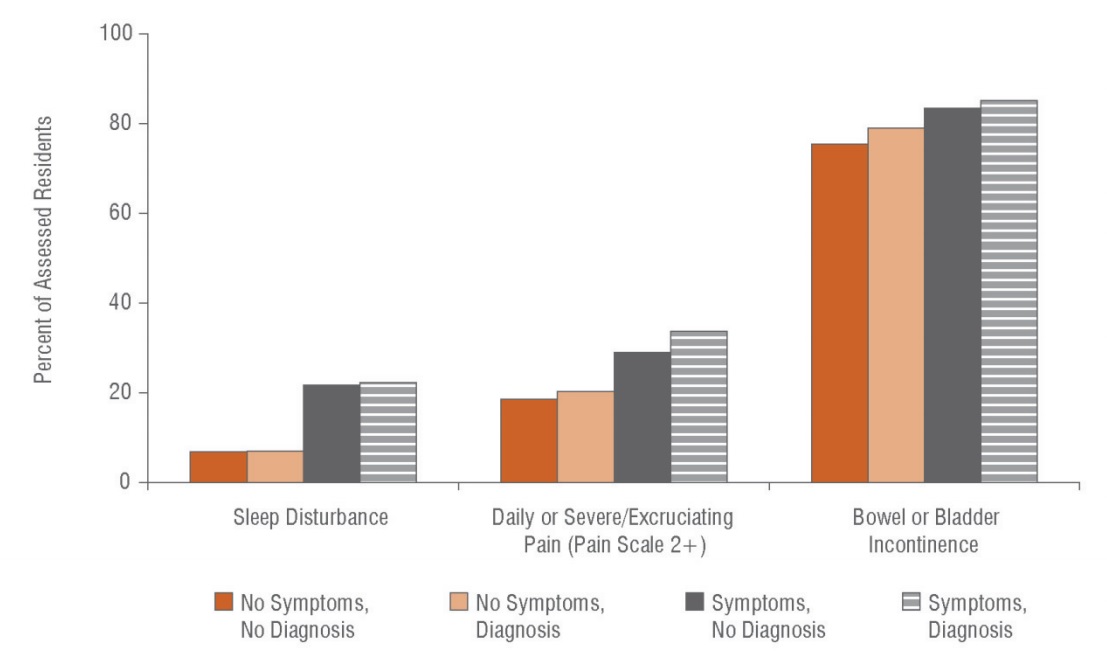Married people have lower levels of depression and substance abuse

Married people have lower levels of depression and substance abuse.


Marriage is a significant milestone in many people’s lives, symbolizing love, commitment, and partnership. Beyond its emotional and social implications, marriage has also been associated with numerous health benefits. Research suggests that married individuals tend to have lower levels of depression and substance abuse compared to their unmarried counterparts.
In today’s fast-paced and often stressful world, depression has become a prevalent mental health issue. However, studies indicate that married people are less likely to experience depression compared to those who are single, divorced, or widowed. The emotional support and companionship provided within a marriage can help alleviate feelings of loneliness and promote overall mental well-being. Having a partner who you can confide in and rely on during challenging times can significantly reduce the risk of developing depression.
Moreover, being married can also serve as a protective factor against substance abuse. Substance abuse, including alcohol and drug addiction, is a grave concern that affects individuals and communities alike. However, research shows that married individuals are less likely to engage in substance abuse behaviors compared to unmarried individuals. The stability and structure provided by marriage can act as a deterrent to substance abuse, as spouses often encourage and support each other in making healthier choices.
While marriage offers potential benefits for mental health, it is important to note that these advantages may not apply universally. Factors such as the quality of the relationship, individual circumstances, and personal traits can influence the extent to which marriage contributes to reducing depression and substance abuse. It is crucial to prioritize open communication, mutual respect, and ongoing support within the marriage to maximize its positive impact on mental well-being.
In conclusion, research suggests that married people have lower levels of depression and substance abuse compared to their unmarried counterparts. The emotional support and companionship provided within a marriage can contribute to better mental health outcomes. However, it is crucial to recognize that individual circumstances and relationship factors play a significant role in determining the extent of these benefits. By fostering strong bonds and prioritizing mental wellness, married individuals can further enhance the advantages that come with marriage.
Source: WebMD
Related Posts
Quick Links
Legal Stuff

